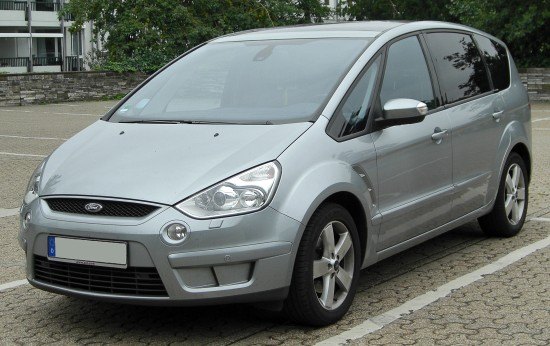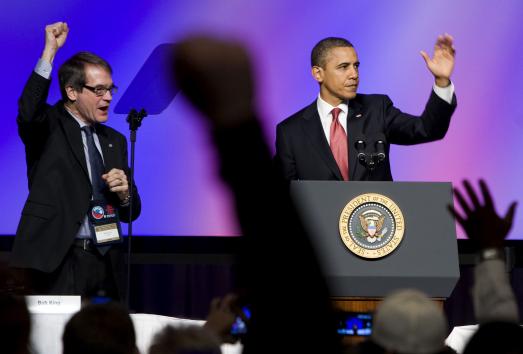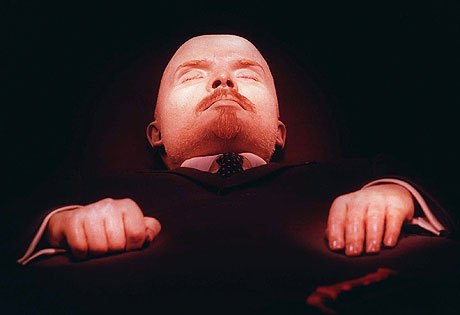#Overcapacity
The More You Know: There Are at Least 487 Electric Vehicle Manufacturers in China Right Now
We’ve mentioned Chinese startups working on electric vehicles in the past. You’ve got the American-based (but Chinese-owned) Faraday Future that couldn’t pay its bills, its big brother LeSEE (which is facing similar troubles), the performance-focused NIO, the luxury-minded Byton, the German-named Weltmeister, and a handful of others making ink every so often.
While EV startups from other countries (Tesla, Rimac, etc.) garner their own headlines, it’s more common to see a Chinese startup angling for media exposure as of late.
Of course, established automakers are busy setting up their own electric divisions to fulfill the nearly absent Western consumer demand for EVs. They’re gambling on a future where electrification replaces internal combustion, but nobody is betting more on “green” than China. As of today, it’s estimated that the country has 487 electric car companies, and the nation feels this still isn’t enough. Holy shit.
Sergio Gives Unsolicited Advice To EU And China Goverments
Fiat and Chrysler CEO Sergio Marchionne repeated its pleas that European governments should do something about the overcapacity in the region. Being in Shanghai when he said that, he recommended that the Chinese government does the same. The governments likely won’t be enthusiastic about Sergio’s advice.
Marchionne Won't Close Italian Fiat Plants, Overcapacity Be Damned
Fiat CEO Sergio Marchionne vowed he will not close any of Fiat’s six Italian factories, Reuters reports. Actually, he says, he is a victim of circumstance:
Ford Still Mum Regarding Genk Plant Closure
Union leaders met with Ford officials last week during Ford’s Amsterdam extravaganza, and when the topic of closing the Genk, Belgium plant was raised…nothing was said.
In Pain, European Carmakers And Unions Turn To Obama For Inspiration
People in Europe had a lot of time to think about their troubled future during their long vacation. Coming back to work, they are “ready to shut plants and lay off staff,” as Reuters observes. Executives and union leaders are said to be in rare agreement over who to emulate: Obama, the UAW, and Detroit. Europeans want their bailout too. Some do, at least.
PSA Restructuring Includes Plant Closure, 8,000 Jobs Cut
It’s been a long time coming, but PSA has finally done it ; the parent company of Peugeot and Citroen is cutting 8,000 jobs and closing an assembly plant outside Paris, as the carmaker tries to cope with a sagging market and excess capacity.
Italian Made Chryslers A Possible Solution For Fiat's Overcapacity Problem
Sergio Marchionne has been one of the most prolific alarmists regarding European overcapacity, and who can blame him? The economy is in the dumps in Fiat’s home market, as well as crucial export markets, and closing a plant would come with all kinds of blowback.
Shut Up And Die: No EU Life-Saver For European Car Industry
Brussels has bad news for Fiat and PSA, and by extension for Chrysler and GM. There will be no EU assistance for an orchestrated and painless capacity shedding, Financial Times Deutschland says. A report of an expert group puts European overcapacities at 25 to 30 percent. Fiat-Chrysler CEO Sergio Marchionne has been publicly lobbying for government support, PSA pressured the French government. As predicted here months ago, a lobby of German carmakers torpedoed any support from Brussels and is for Darwinian solutions instead. With carmakers at odds, European governments are happy that they don’t have to act. After all, there are more pressing problems in Europe.
PSA-GM Tie Up Won't Solve Bulging Over-Capacity, PSA Admits
It must be the grand plan to make Iran walk or ride mules, because the alliance between GM and PSA is not about reducing over-capacity. This is what PSA told just-auto today. Confessed a PSA spokeswoman:
Report: Auto Industry Still Carrying 3.5m Units Of Overcapacity
Edmund’ Bill Visnic takes on the latest Harbour report, which finds North American auto plants running at an average of 58 percent capacity (even Europe, the global whipping boy for intractable auto overcapacity operates at an average 81 percent). Despite the recent downsizings across North America, the Harbour Report still estimates that 3.5m units of annual overcapacity remains in the US and Canadian auto manufacturing footprint, equivalent to 14 unneeded assembly plants. A rise in sales levels to the previous 15-16m mark could help the situation according to the report, but increased plant flexibility will be the factor that automakers can actually control. Even so, if 15-16m annual units don’t come soon, North America could be looking at more plant closures and job losses.
Carmageddon 2.0
Think everything will be hunky-dory by, well, 2012? (Watch the movie.) Fitch Ratings thinks the U.S. auto industry won’t get back on its feet anytime soon. Worse, the industry may be caught in an “airline-style” cycle of repetitive bankruptcies because of weak sales and a glut of production capacity. It is unusual for a U.S. airline (and many elsewhere) to not be in bankruptcy or not have been at some point.
Amongst the rating agencies, Fitch is the only halfway good one. They were the lone voice that had warned against the dangers of the collateralized debt obligations that brought the world to the brink of disaster.
In a report cited by Reuters, Fitch says that high fixed costs, the lengthy periods required to develop new products and chronic overcapacity will leave the industry “littered with failures—plants, product lines, brands and companies.”























Recent Comments